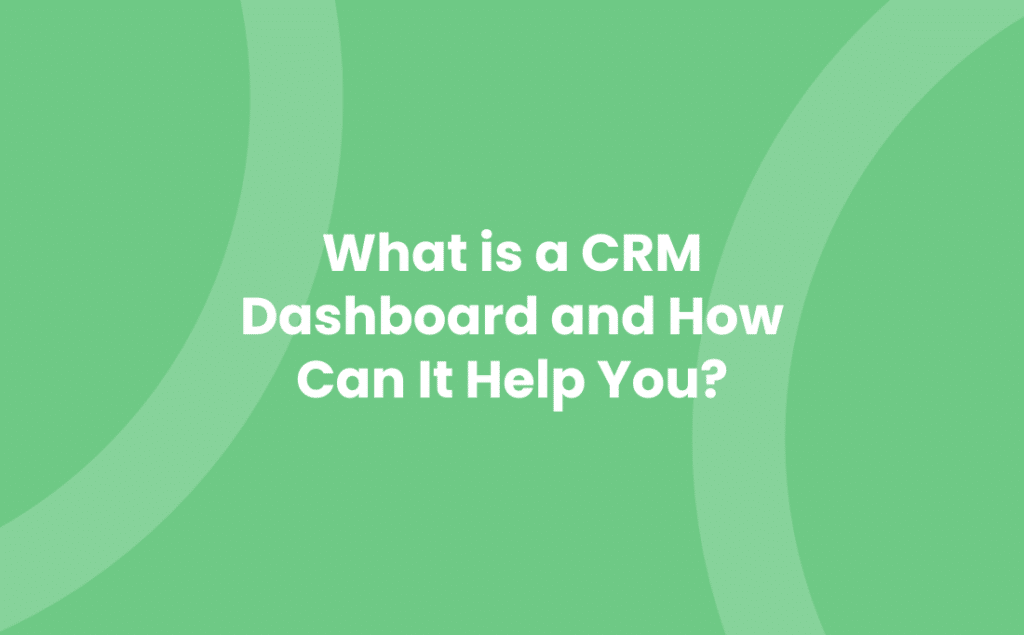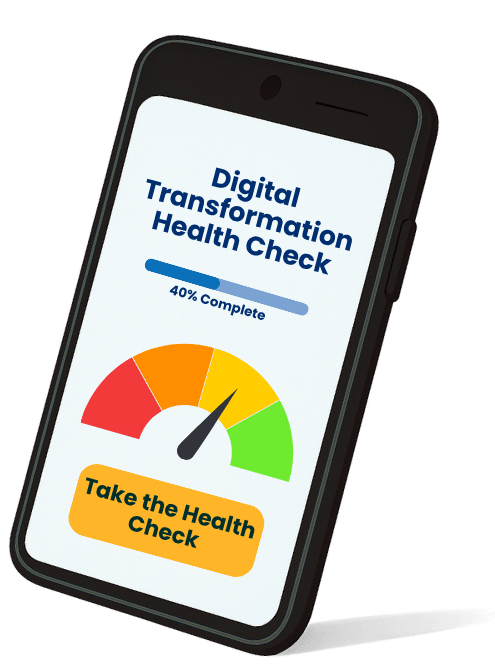What Is a CRM Dashboard?
Much like a car dashboard that gives you critical information such as speed, fuel level, and engine temperature, a CRM dashboard provides a visual representation of your key business data. Dashboards simplify processes by displaying this data in an easy-to-understand, visual format — typically with charts, graphs, and tables.
They offer real-time insights, allowing you to track team performance, sales metrics, customer interactions, and more at a glance. Whether you’re a manager monitoring KPIs or a sales executive tracking opportunities, CRM dashboards save time and streamline workflows.
Why Are CRM Dashboards Useful?
CRM dashboards can be tailored to individual roles within your organisation:
- Managers can track team output and productivity.
- Salespeople can monitor their opportunities and pipelines.
- Account Managers can stay up-to-date on client communications and renewals.
- Customer Service teams can monitor open cases and resolution times.
By translating complex data into a visual format, CRM dashboards improve decision-making, highlight performance gaps, and ensure no opportunity is missed.
Examples of CRM Dashboards
There are countless ways to use CRM dashboards depending on your goals and team structure. Here are some practical examples:
CRM Dashboard for Sales Teams
A sales dashboard gives you direct access to actionable data. Start your day by viewing leads and opportunities due to close this month or quarter. Drill down with a single click, trigger automatic follow-ups, and create task reminders to keep momentum going.
CRM Dashboard for Sales Directors
Sales Directors can benefit from dashboards that display team metrics such as leads, opportunities, pipeline value, and won business. Add filtering by opportunity size, industry sector, and close date to gain deeper insight. These dashboards are ideal for strategic oversight and reporting.
CRM Dashboard for Account Managers
For Account Managers, CRM dashboards help maintain strong customer relationships. View the last contact date, upcoming renewals, open tasks, and recent marketing activity. This visibility enables more personalised engagement and the ability to identify cross-sell and upsell opportunities.
CRM Dashboards for Management
Dashboards can be built to show sales year-over-year, marketing performance, team pipelines, open service cases, and more. Use them in one-to-one meetings to measure progress against targets and identify coaching opportunities.
They’re also helpful for ensuring data quality and compliance, such as monitoring GDPR fields or data completeness.
Who Benefits from CRM Dashboards?
CRM dashboards are valuable for organisations of all sizes — from small teams of 1–5 users to large enterprises with 200+ staff.
- In smaller setups, a few well-structured dashboards can significantly improve daily efficiency.
- In more advanced systems, dashboards can be customised for various departments, from Sales and Marketing to Customer Service and Compliance.
They help all users engage with the CRM system in a more meaningful way, whether it’s checking sales progress, tracking campaign results, or reviewing service response times.



